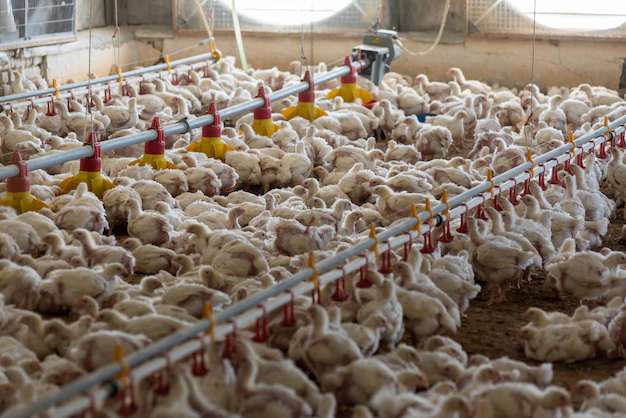Value-added products refer to goods that have undergone additional processing or manufacturing to increase their value and desirability in the market. In the context of livestock and poultry in South Africa, value-added products can be created by transforming raw agricultural commodities into processed or finished goods. This process enhances the products’ appeal, functionality, convenience, and overall value to consumers.
Value-added products in the livestock and poultry sector can take various forms, including:
- Processed Meats: Adding value to livestock by processing them into a range of meat products such as sausages, deli meats, cured meats, and ready-to-eat meals. These products often involve the use of seasonings, flavorings, and preservatives to extend shelf life and enhance taste.
- Dairy Products: Transforming milk from cows, goats, or sheep into value-added dairy products such as cheese, yogurt, butter, and ice cream. These products offer diversity to consumers and have a longer shelf life compared to raw milk.
- Eggs: Processing eggs into value-added products like pasteurized liquid eggs, egg powders, or egg-based bakery products. These products provide convenience and versatility to food manufacturers, caterers, and bakeries.
- Specialty Products: Creating niche or specialized products using livestock or poultry, such as organic or free-range meat, artisanal cheeses, or specialty cuts of meat. These products cater to consumers seeking unique and higher-quality options.
- Ready-to-Cook Meals: Preparing marinated, seasoned, or pre-cooked meat and poultry products that require minimal preparation by consumers. Ready-to-cook meals provide convenience and time-saving options for busy households.
- Pet Food: Utilizing animal by-products or specific meat cuts to produce pet food products, such as premium dog or cat food. These products address the growing demand for high-quality and specialized pet nutrition.
By adding value to livestock and poultry products, farmers and producers can potentially increase their profitability and market share. Value-added products often command higher prices and offer improved profit margins compared to raw commodities. Additionally, these products can help reduce post-harvest losses and waste by utilizing all parts of the animal, maximizing resource efficiency.
To successfully develop value-added products, it is crucial to invest in processing facilities, equipment, quality control measures, and marketing strategies. Collaboration with food scientists, chefs, and nutritionists can also contribute to product development and ensuring that the final products meet consumer expectations.
The South African agricultural sector has the potential to leverage value-added products to diversify its offerings, meet changing consumer demands, and expand export opportunities. However, it is essential to consider factors such as food safety, quality standards, regulatory compliance, and sustainability practices to ensure the long-term success of value-added ventures in the livestock and poultry industry.
Join 'Farmers Mag' WhatsApp Channel
Get the latest Farming news and tips delivered straight to your WhatsApp
CLICK HERE TO JOIN






